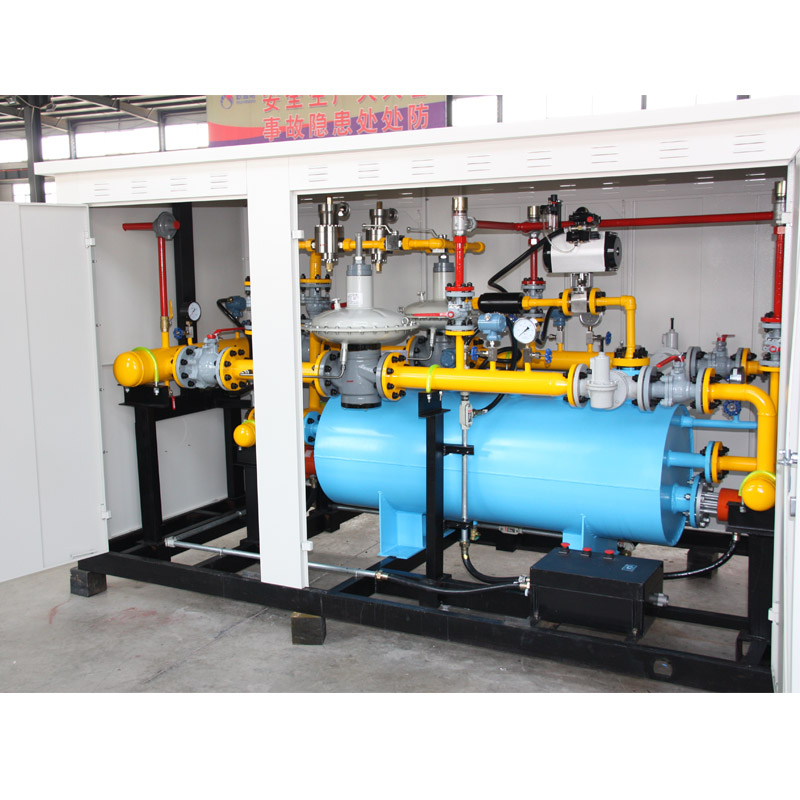
Sep . 10, 2024 06:36
Back to list
High-Quality Basket Strainers for Efficient Liquid Filtration
Understanding Basket Strainers An Essential Component in Fluid Management
Basket strainers are a vital component in many fluid management systems, providing crucial protection to pumps and other equipment by removing debris and contaminants from liquids. With their simple yet effective design, these strainers play a significant role in ensuring the smooth operation and longevity of industrial processes.
A basket strainer typically consists of a cylindrical body with an inlet and outlet, housing a mesh or perforated basket that captures particles as fluids pass through. The size of the mesh can vary, allowing for different levels of filtration depending on the application. Common materials for basket strainers include stainless steel, plastic, and bronze, chosen based on their resistance to corrosion and the specific needs of the process.
One of the primary advantages of using basket strainers is their ease of maintenance. Unlike many other filtration systems, basket strainers can be removed and cleaned quickly, allowing operators to ensure optimal performance without significant downtime. Regular maintenance is crucial, as a clogged strainer can lead to decreased flow rates and increased pressure on pumps, potentially causing equipment failure.
basket strainers

In industrial applications, basket strainers are used in various industries, including chemical processing, water treatment, food and beverage, and HVAC systems. Their ability to filter out particles ranging from small sediments to larger debris makes them versatile and essential for protecting sensitive equipment and ensuring the integrity of fluid systems.
Moreover, the selection of the appropriate basket strainer is critical. Factors such as flow rate, fluid characteristics, and the nature of the contaminants must be considered when choosing a strainer. Engineers often need to assess the specific requirements of their systems to select a strainer that balances filtration efficiency with operational reliability.
In recent years, advancements in materials and design technology have led to the development of more efficient and durable basket strainers. Features such as replaceable baskets, automatic self-cleaning mechanisms, and pressure differential indicators enhance performance and simplify maintenance tasks.
In conclusion, basket strainers are indispensable in fluid management systems, providing essential filtration that protects critical equipment from damage. Their effectiveness, ease of maintenance, and versatility make them a preferred choice across various industries. As technology continues to evolve, it is likely that basket strainers will become even more efficient, further enhancing their role in maintaining process integrity and efficiency in the industrial landscape.
Next:
Latest news
-
Safety Valve Spring-Loaded Design Overpressure ProtectionNewsJul.25,2025
-
Precision Voltage Regulator AC5 Accuracy Grade PerformanceNewsJul.25,2025
-
Natural Gas Pressure Regulating Skid Industrial Pipeline ApplicationsNewsJul.25,2025
-
Natural Gas Filter Stainless Steel Mesh Element DesignNewsJul.25,2025
-
Gas Pressure Regulator Valve Direct-Acting Spring-Loaded DesignNewsJul.25,2025
-
Decompression Equipment Multi-Stage Heat Exchange System DesignNewsJul.25,2025

